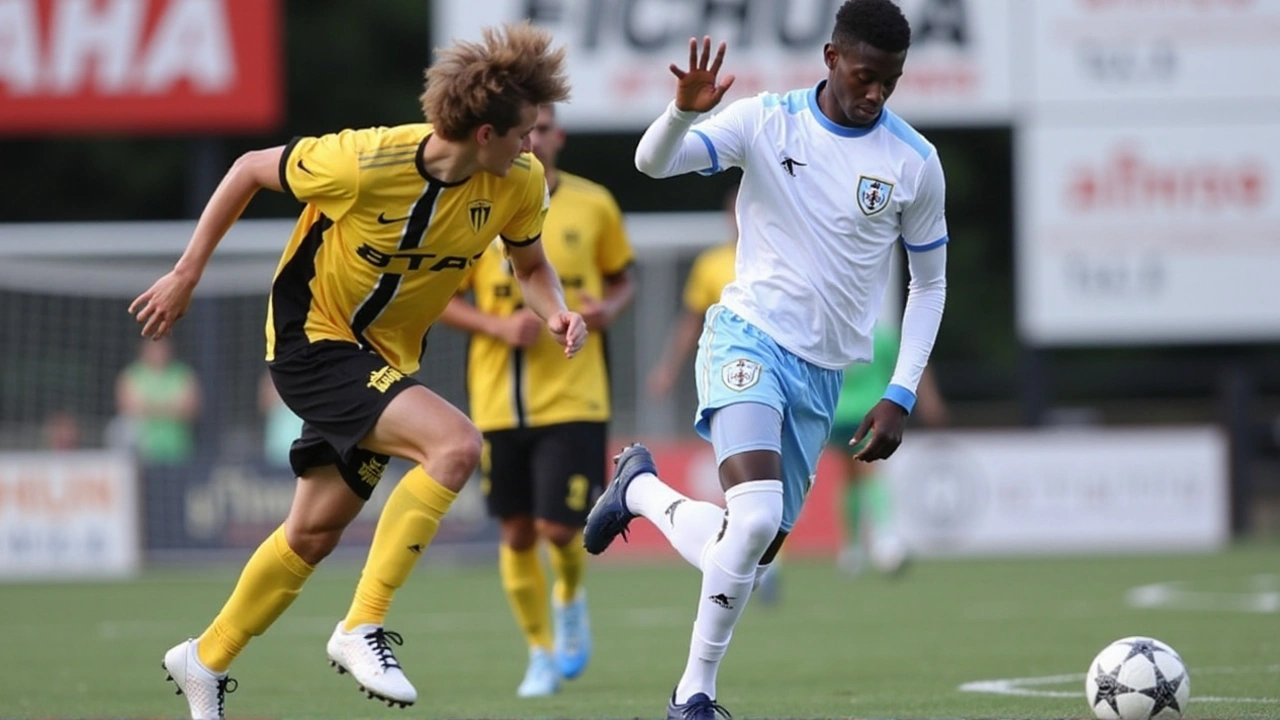Youth Football: How to progress, train and get noticed
Are you a young player, parent or coach trying to turn talent into real chance? Youth football isn’t just about raw skill — it’s about routines, exposure and smart choices. Below you’ll find practical tips you can use today, plus how to avoid common traps that waste time and money.
Daily steps that make a real difference
Train smart, not just hard. Focus on ball control for 20 minutes every day: tight dribbling with both feet, quick passing against a wall, and 1v1 moves in a small space. Add two short sprint sessions a week for game speed, and one session of flexibility and mobility to prevent injury.
Play small-sided games as much as possible. 3v3 or 5v5 games force quick decisions, improve touches, and boost confidence under pressure. Practice finishing from different angles — a good striker scores from messy situations, not just perfect setups.
Sleep and food matter. Aim for 8–9 hours of sleep and eat balanced meals: carbs for energy, protein for recovery, and water before, during and after training. Young bodies need regular fuel to grow and perform.
Get noticed — practical exposure tips
Want scouts to see you? Start local. Join your school team, regional leagues, and district trials. Play in national youth tournaments like CAF U-17/U-20 qualifiers when possible — those events attract scouts and agents.
Build a simple highlight video: 3–5 minutes, clear clips, good lighting, labeled with your name, position and contact details. Share it on trusted platforms and send it to clubs and accredited academies. Avoid paying unknown 'agents' who promise instant trials — always verify club contacts first and talk to other players’ families.
Consider education-linked programs. Many reputable academies partner with schools so you don’t lose academics while chasing football. That path keeps options open if football doesn’t work out or if injury happens.
Look up successful African academies for inspiration: Right to Dream (Ghana) and Génération Foot (Senegal) are examples of routes that produced top pros. Research each program thoroughly before applying — check alumni, coaching staff and living conditions.
Parents: stay involved but let coaches coach. Ask for regular progress reports and keep a checklist: training hours, injuries, school grades, and clear expectations from the club. If contracts are involved, get a trusted advisor or lawyer to review terms.
Coaches: focus on player decision-making and game intelligence, not only fitness tests. Give young players freedom to make mistakes in training so they learn faster.
Want updates on youth tournaments, trials and academy news across Africa? Follow this tag for fresh articles, interviews and practical guides. If you’ve got a success story or a question about trials, send it our way — other readers will learn from it too.
Aston Villa's Under-19s Narrowly Defeated in UEFA Youth League Opener
Aston Villa's under-19 team faced a tough 2-1 defeat against BSC Young Boys in their UEFA Youth League opener in Bern. The match held on Tuesday, September 17, 2024, saw Villa's youth team initiate their campaign at the Sportplatz Wyler Hauptplatz. The article offers an overview of the match without delving into player statistics or detailed performance analysis.
